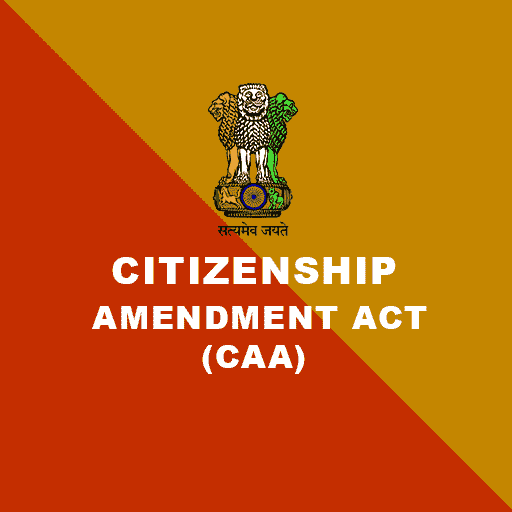Write a short note on Ambedkar’s views on Social Justice.
Ambedkar’s concept of social justice can be understood in the context of the depressed, the underprivileged and the untouchables who were the victim of the Varna system of the Hindu Social order. It was less to provide justice to ‘haves’ but to care for the ‘have-nots’, the underdogs, disadvantaged, scorned and underprivileged. It was a plea for the kind of justice which would not only penetrate and destroy the inequalities of caste, race, wealth, sex and power position but is also heavily weighed in favor of the depressed section of humanity. The vice of social inequality had assumed its worst form in relation to the lower castes of Hindu society who were treated as untouchables.
Ambedkar’s views on social justice are relative to the victims of the caste system of Hindu society. His whole thinking arose out of the acute dissatisfaction with the treatment meted out to his community by the Hindu higher castes. His philosophy and action both were concerned with social amelioration and political enlightenment of the depressed class. He pleaded for the annihilation of the caste system because it was inhuman and detrimental to the upward march of the untouchables.
Ambedkar contested the four Varna theory of the Hindu social order. In his book, Who Were the Shudras ?, he put forward a theory the originally the Shudras were not a separate varna but a part of the Kshatriya Varna, However, a struggle started between the shudra kings and the Brahmins in which Shudras were subjected to various tyrannies and indignities and were excluded from the Kshatriya caste. They were refused the sacred thread. Because of this loss, they were socially degraded and fell below the Vaishayas and became a fourth varna. They became impure and not to be respected like other castes. They could not acquire knowledge and it was a sin to give them education. They could not hold any office under the state. Their duty was to serve the higher castes.
Apart from the Shudras, there was another class—the untouchables who were not only suppressed and enslaved but were also outcast. They were not allowed to live inside the village. Unlike Shudras, they were outside the four-fold Varna system. They were a varnas.
Amedkar rejected the idea of pollution achhoot, a very sensitive issue for the untouchables. He denied there was any racial or color basis for the caste. The root of untouch ability was the caste system and the eradication of untouch ability was associated with the annihilation of caste.



